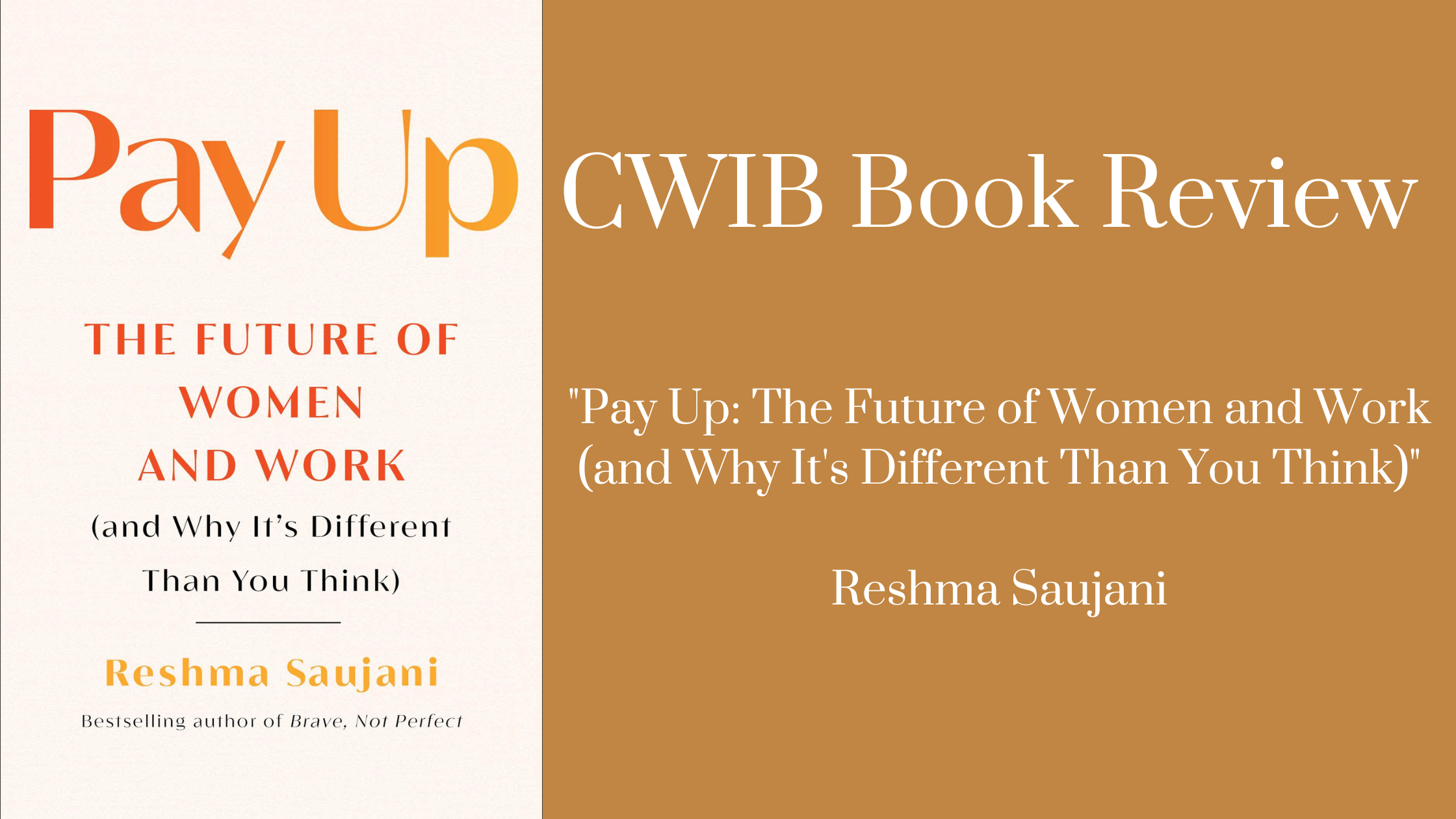CWIB Book Review: “Pay Up”
“Thank you, women who work! You are present and active in every area of life-social, economic, cultural, artistic and political. In this way you make an indispensable contribution to the growth of a culture which unites reason and feeling, to a model of life ever open to the sense of ‘mystery’, to the establishment of economic and political structures ever more worthy of humanity” (Pope St. John Paul II).
The Lies of “Corporate Feminism”
Eighty percent of the workers who left the workforce in September 2020 were women.
More than one million single mothers lost their jobs between February and April 2020.
By February 2021, 2.5 million women had left the workforce.
As of September 2021, more than two million women over age 20 were still out of the workforce.
The COVID-19 pandemic brought a lot of preexisting workplace issues to the fore. The problems working women, and particularly working mothers, face are no exception. Some women who left the full-time workforce during the pandemic did so because, like me, they had a child and decided by choice to stay home, and the pandemic had no bearing on that decision. Other women did so because they started a business. Many, however, were forced out due to layoffs or because they could not care for their family and continue to work.
Reshma Saujani opens her new book, “Pay Up: The Future of Women and Work (and Why It’s Different Than You Think,” with these statistics and a call to action:
“It took COVID-19 to rip the bandage off the ugly, festering, long-ignored wound that so many women share: that our work and dreams are not only taken for granted but viewed as expendable. … This book is a call to action to make the systemic changes in our societal power dynamics when it comes to everything from pay to gender roles to how we define and value women’s domestic contributions in our culture.”
In her book, the founder of Girls Who Code and the Marshall Plan for Moms writes about the challenges facing women (mothers in particular) in the workplace and proposes a four-pronged approach to overcoming those challenges (empower, educate, revise, and advocate). She calls out feminism on its failings and argues that mothers are burned out from trying to “have it all” in a culture and a workplace that is not built for them. And, she does so in a very readable, conversational tone.
I’ve heard many Catholic women point out that the second-wave feminist movement failed women by devaluing the role of wife and mother. It was refreshing to hear a non-Catholic make the same argument: “In our fight for equality, the ‘mother’ part of women’s identities got left behind … In order to keep cracking through that glass ceiling, women had to take pains to hide their mothering so as not to jeopardize the feminist momentum.”
Building a Culture of Life in the Workplace
There is one piece that I believe is missing from “Pay Up”: the importance of building a culture of life—although Saujani hints at it when she closes the book: “We can prioritize women’s health and secure the well-being—dare I even say existence—of the next generation.” Saujani and I disagree on the issue of abortion; while it did not come up in her book, I think we both believe it’s crucial to the topic of her book, though in different ways.
If mothers are ever to truly be empowered to have impactful careers, they must also feel empowered to be mothers and never feel that they have to end the life of their child in order to make a living. They must never feel that their biology impedes their career. I believe any book that addresses the topic of supporting working mothers must also address the topic of building a culture of life in corporate America, particularly one that calls out the other failings of second-wave feminism, as “Pay Up” does.
Overall, “Pay Up” does a good job of summarizing the challenges facing working mothers in the American workplace. Some of its recommendations are well-stated, and I would love to see them take place. Others, such as its public policy recommendations, do not offer any ideas for implementation and sometimes seem unrealistic. (They are also often heavily partisan.) I also would like to see some evidence to support the frequent statement that the fact that women tend to be the default caregivers is due wholly to bias.
I recommend pairing this book with Leah Jacobson’s “Wholistic Feminism,” which includes a discussion of the problems of second-wave feminism and the challenges of working mothers from a Catholic perspective.
Taryn DeLong is a Catholic wife and mother in North Carolina who encourages women to live out their feminine genius as co-president and managing editor of Catholic Women in Business, a FEMM fertility awareness instructor, and a contributor to publications for Catholic women. She enjoys curling up with a cup of Earl Grey and a good novel, playing the piano, and taking walks in the sunshine with her family. Connect with her on Instagram, Twitter, Facebook, and LinkedIn, or read her blog, Everyday Roses.

